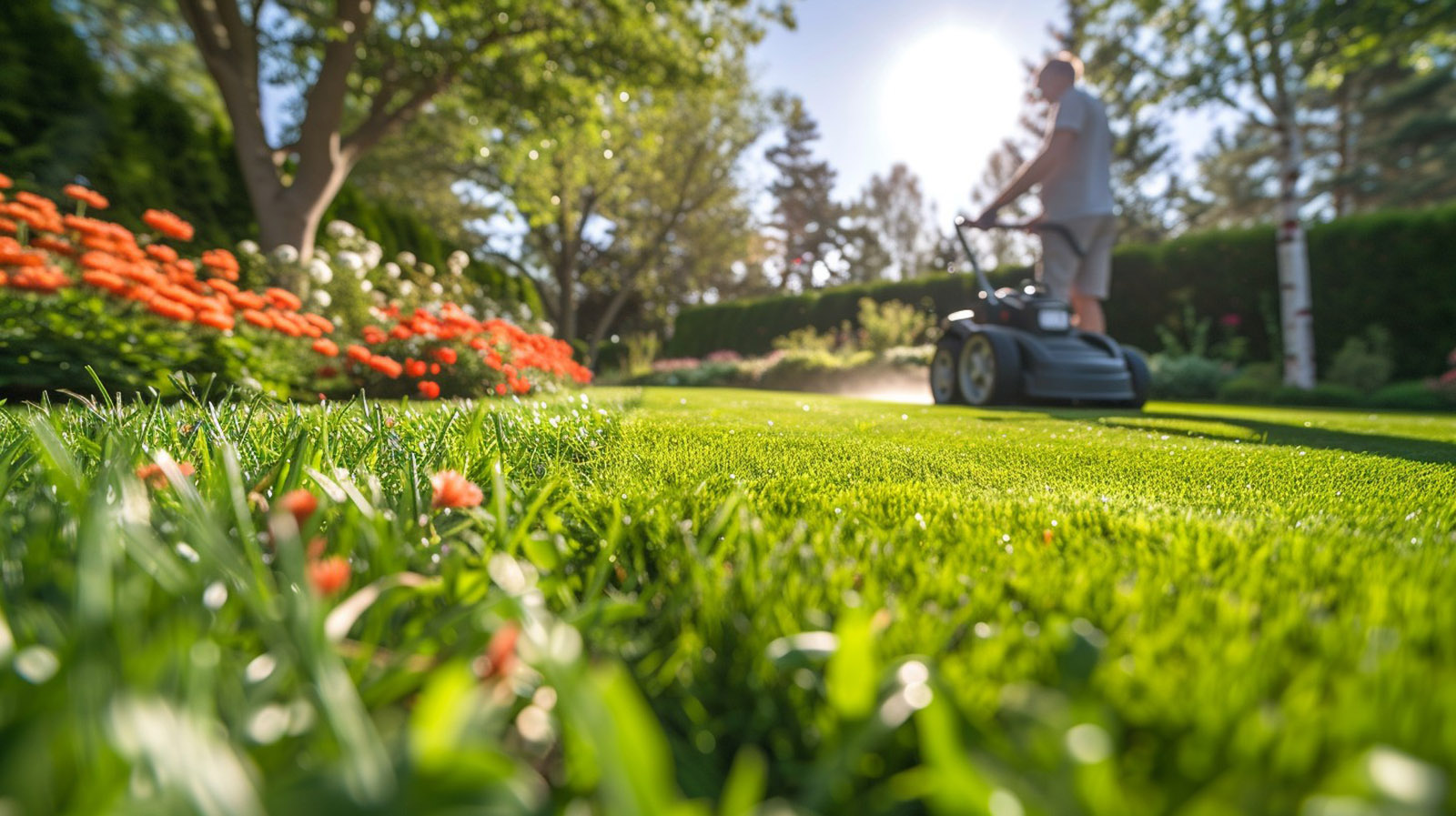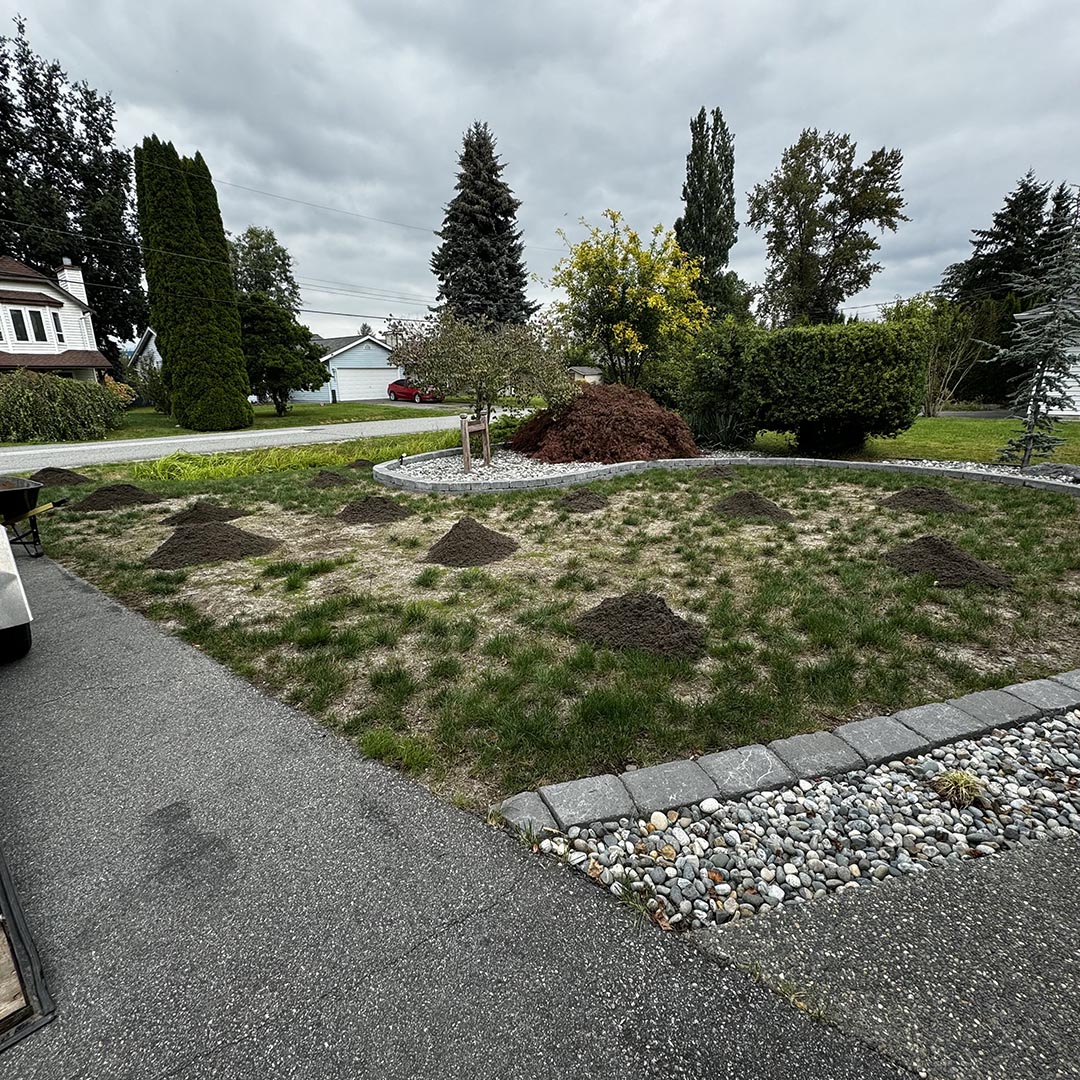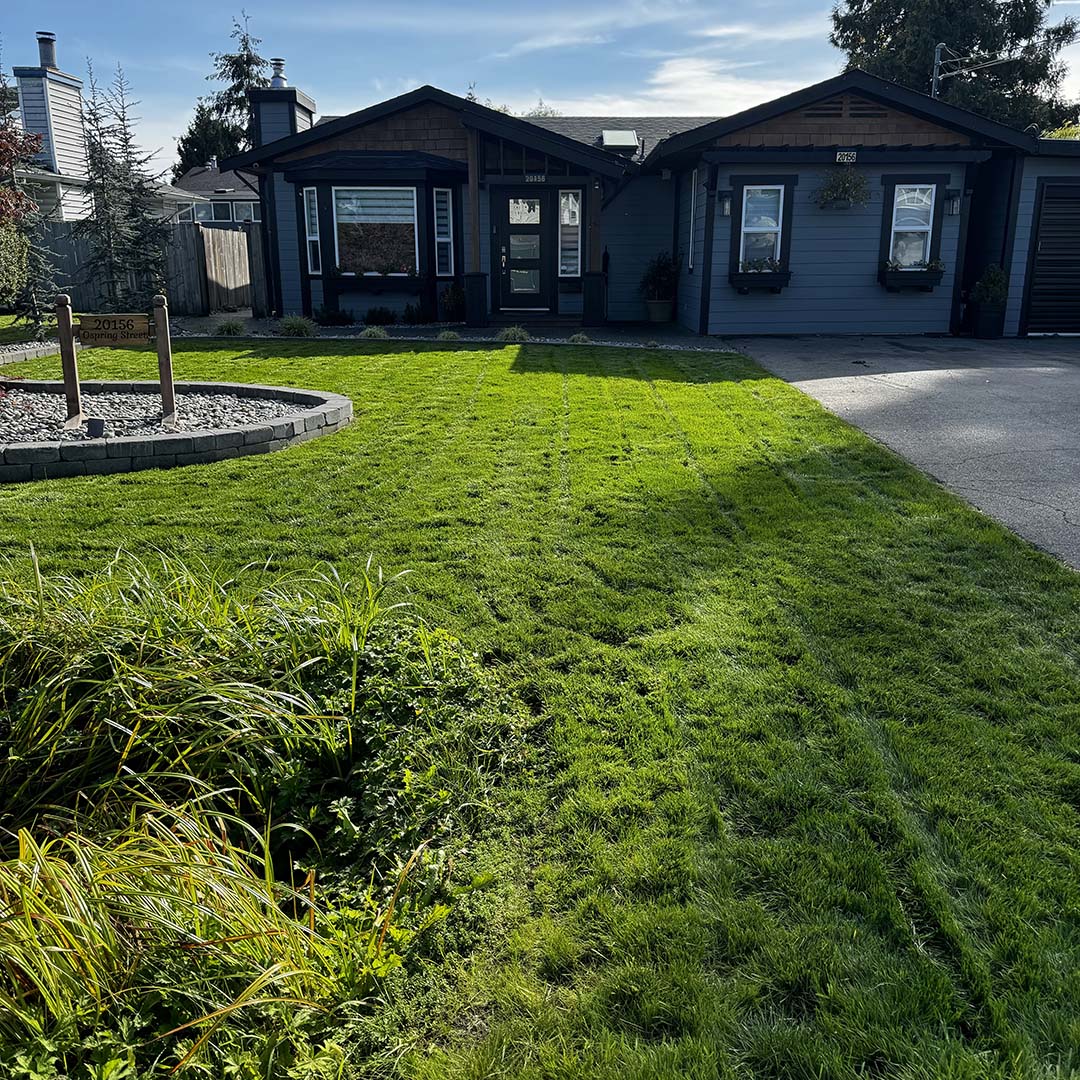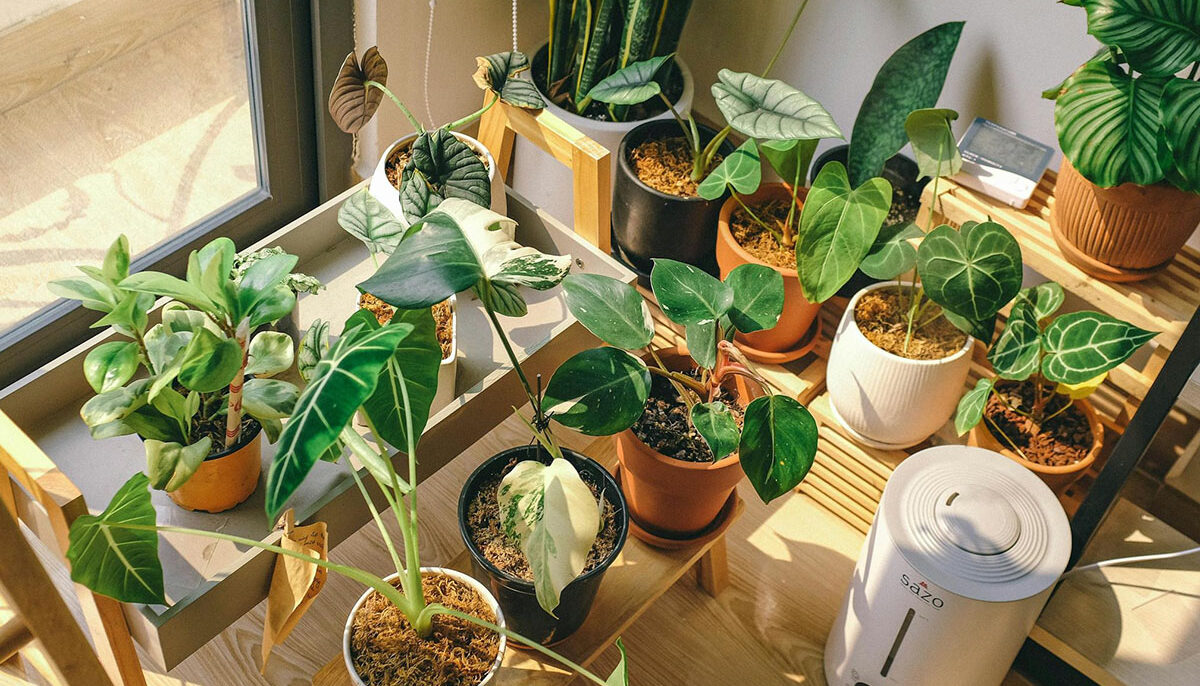
Potted plants can add a touch of nature to any space, whether indoors or outdoors. They offer flexibility and versatility, making it easy to create beautiful green environments. However, potted plants require specific care to thrive. Here are some essential tips to help you keep your potted plants healthy and vibrant.
Choose the Right Pot
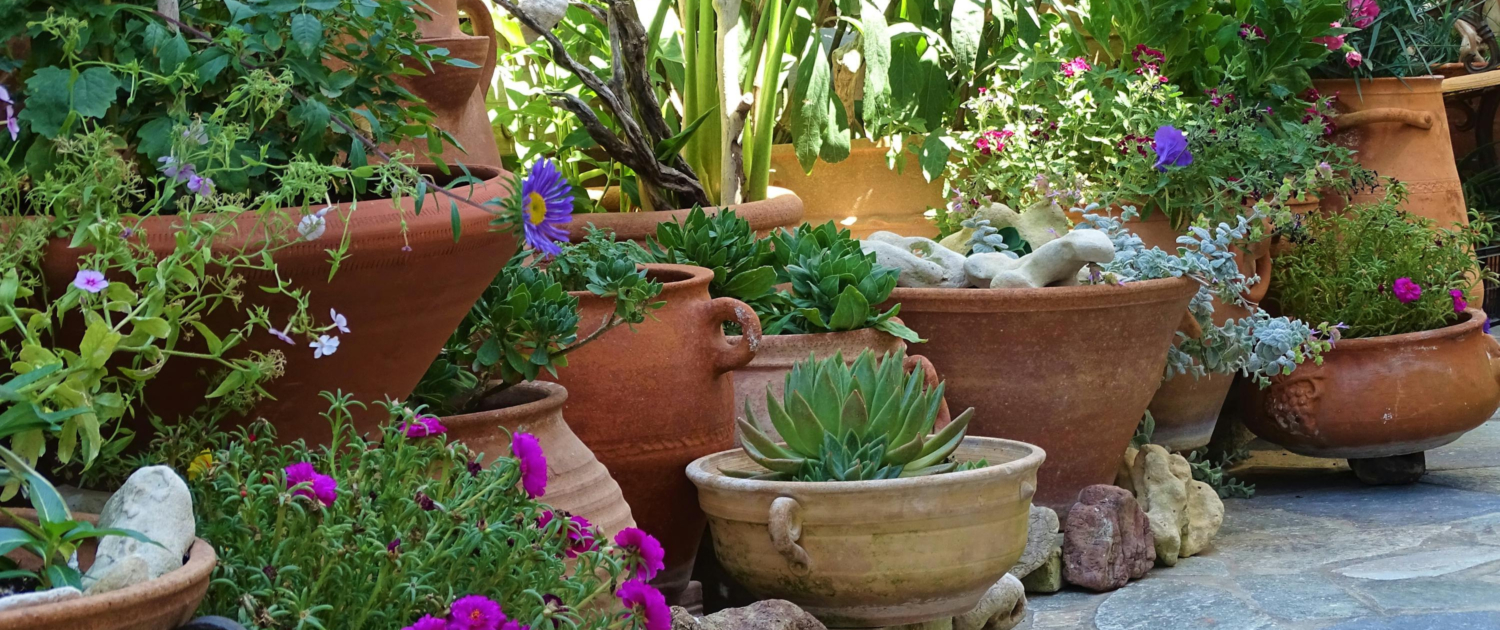
Selecting the right pot is crucial for the health of your plants. Ensure the pot has drainage holes to prevent water from pooling at the bottom, which can cause root rot. The size of the pot should be appropriate for the plant—too small, and the roots will be cramped; too large, and the soil may retain too much moisture.
Tips:
- Use pots with drainage holes.
- Choose a pot size that allows room for growth.
- Consider the material of the pot (e.g., clay pots are porous and allow for better air circulation).
Use Quality Soil
The quality of the soil is a major factor in the health of your potted plants. Use a high-quality potting mix that is well-draining and rich in nutrients. Avoid using garden soil, as it can be too heavy and may not provide the necessary aeration for the roots.
Tips:
- Use a well-draining potting mix.
- Add organic matter like compost to enrich the soil.
- Avoid using garden soil in pots.
Water Wisely
Overwatering and underwatering are common mistakes when caring for potted plants. Check the soil moisture regularly and water only when the top inch of soil feels dry. Ensure that excess water can drain away to prevent root rot.
Tips:
- Water when the top inch of soil is dry.
- Ensure pots have proper drainage.
- Adjust watering frequency based on the plant’s needs and the season.
Provide Adequate Light
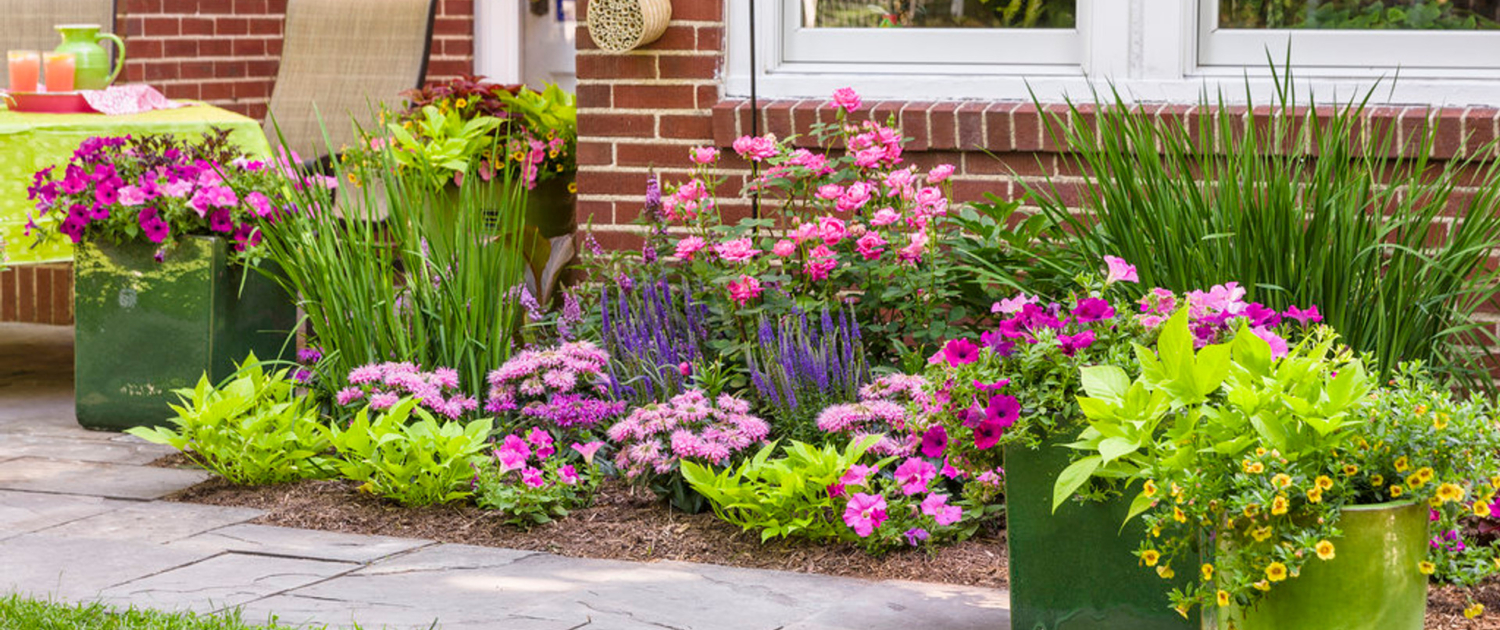
Tips on Caring for Potted Plants
Different plants have different light requirements. Ensure your potted plants get the right amount of light by placing them in suitable locations. Some plants thrive in direct sunlight, while others prefer indirect or low light conditions.
Tips:
- Research the light requirements of your plants.
- Place sun-loving plants in bright, sunny spots.
- Keep shade-tolerant plants in areas with indirect light.
Fertilize Regularly
Potted plants can quickly deplete the nutrients in their soil, so regular fertilization is essential. Use a balanced, water-soluble fertilizer to provide the necessary nutrients. Follow the recommended dosage to avoid over-fertilizing, which can harm your plants.
Tips:
- Use a balanced, water-soluble fertilizer.
- Follow the recommended fertilization schedule.
- Avoid over-fertilizing to prevent nutrient burn.
Prune and Repot as Needed
Regular pruning helps to maintain the shape and health of your plants. Remove dead or yellowing leaves and trim back any overgrown branches. Repot your plants when they outgrow their current pots to give the roots more room to grow and to refresh the soil.
Tips:
- Prune dead or yellowing leaves regularly.
- Trim back overgrown branches to maintain shape.
- Repot plants when they become root-bound.
Monitor for Pests
Potted plants can be susceptible to pests such as aphids, spider mites, and mealybugs. Regularly inspect your plants for signs of pests and treat any infestations promptly with appropriate methods, such as insecticidal soap or natural predators.
Tips:
- Inspect plants regularly for pests.
- Use insecticidal soap or natural predators to control infestations.
- Keep plants clean and remove any fallen debris.
Maintain Humidity Levels
Indoor potted plants, especially tropical varieties, may require higher humidity levels than typically found indoors. Use a humidity tray, mist the plants regularly, or use a humidifier to maintain the desired humidity levels.
Tips:
- Use a humidity tray or humidifier for tropical plants.
- Mist plants regularly to increase humidity.
- Group plants together to create a microenvironment with higher humidity.
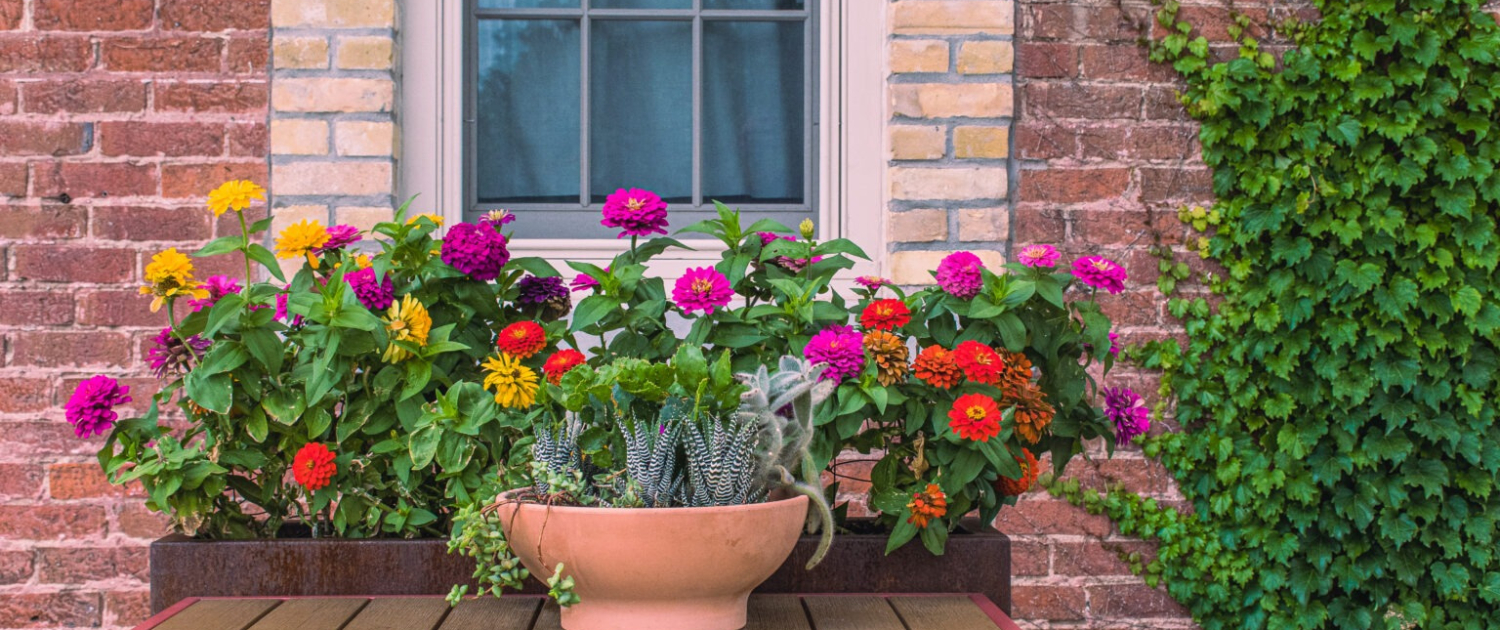
Tips on Caring for Potted Plants
By following these essential tips, you can ensure that your potted plants stay healthy and thrive, adding beauty and greenery to your home or garden. Caring for potted plants requires attention and care, but the rewards of lush, vibrant plants are well worth the effort.
